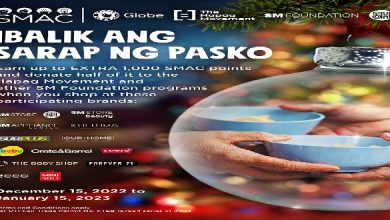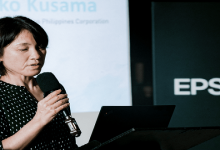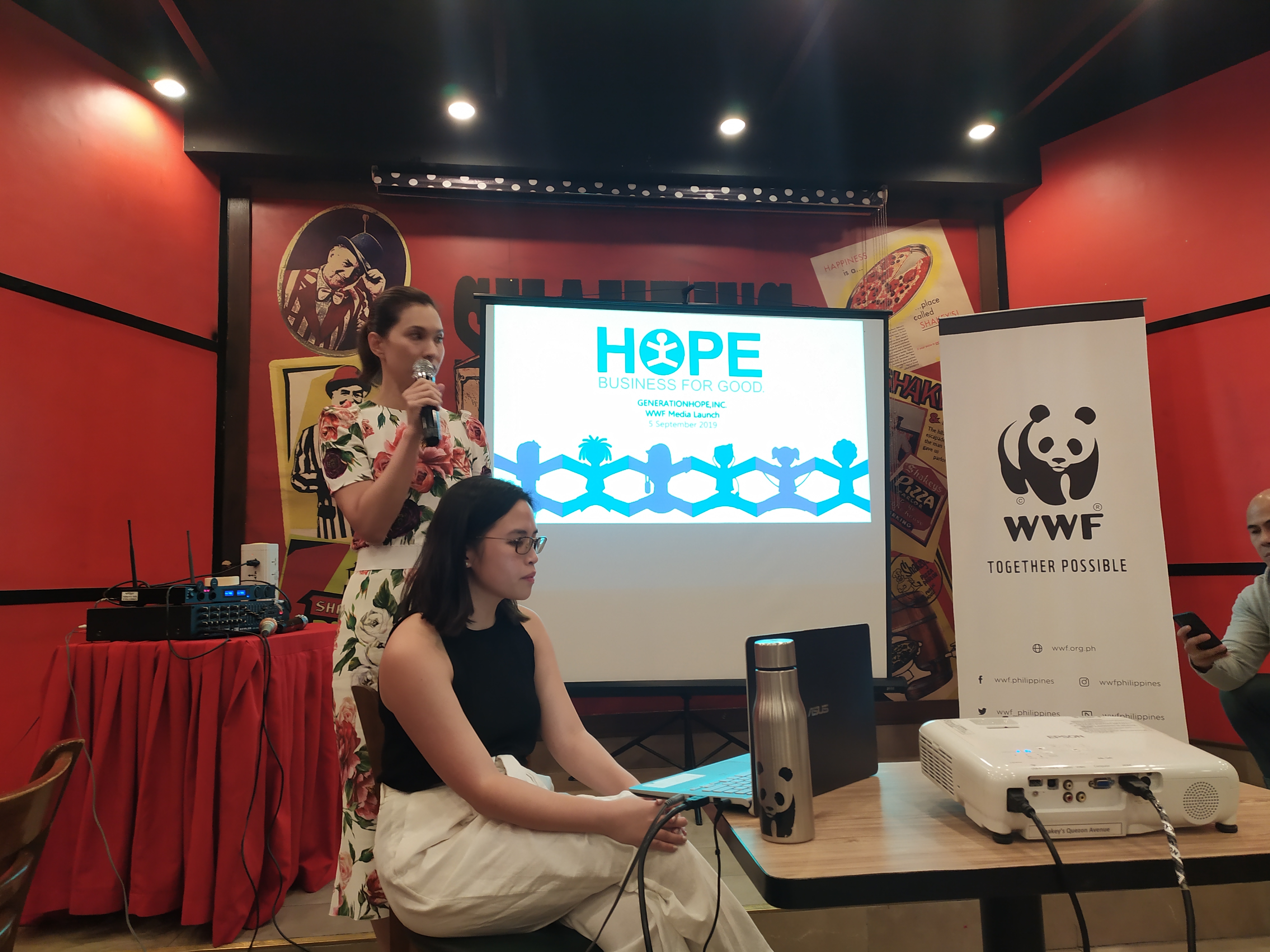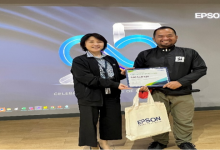
Plastic and pollution are some of the biggest problems of The Philippines and each year, it’s getting worse. On Thursday of January 20, 2022, The conservation group World Wide Fund for Nature Philippines (WWF-Philippines) released an Extended Producers Responsibility roadmap showing the significant impact of plastics on our environment and how the EPR program may be used to effectively address the growing plastic problem.
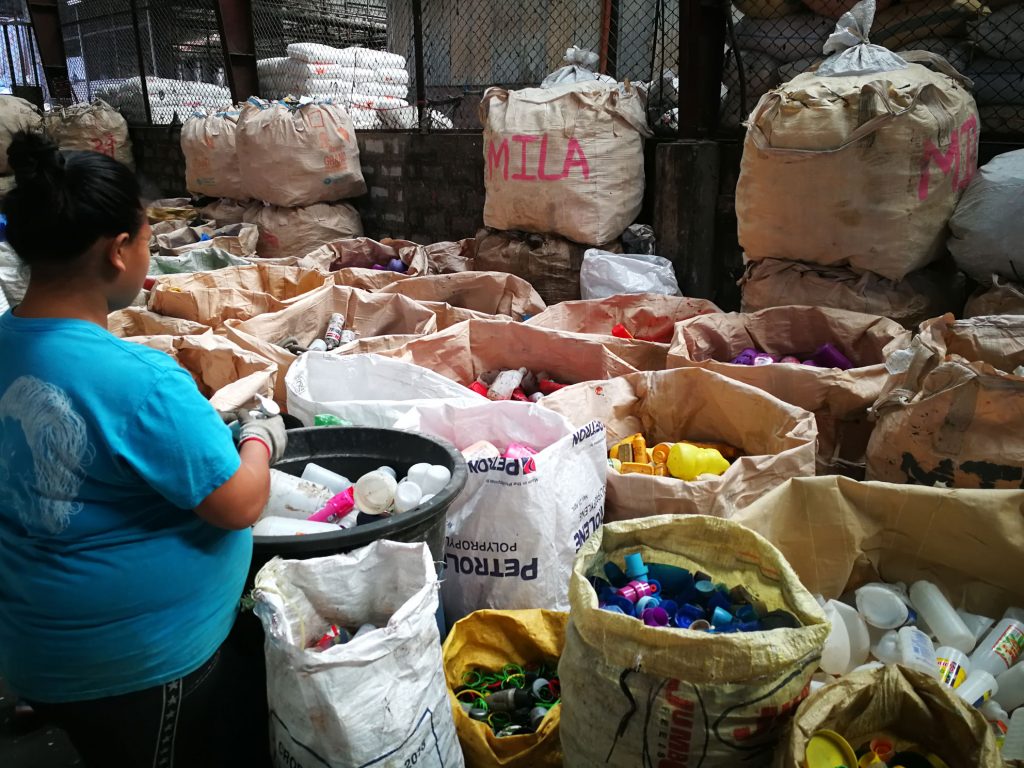
WWF-Philippines pushes and advocates for an EPR scheme that encourages waste reduction through the elimination of unnecessary packaging of products and the development of a more environmentally friendly packaging design.
With this, producers are held accountable for the full life cycle of their products and packaging. It is also an environmental policy approach that emerged in the 1990s-era and is now widely recognized as a viable instrument for expediting the transition to sustainable waste management and a circular economy. This program promotes waste reduction by removing unneeded product packaging and encouraging the development of more environmentally friendly package designs.
In the first edition of the EPR study, it was shown that in 2019, the number of plastic items
consumed by Filipinos was 2.15 million tons per annum. Where the majority of it leaks into the open environment and is disposed of in sanitary landfills and open dumpsites But only 9% recycled because of our lack of capacity to recycle both high and low-value plastics.
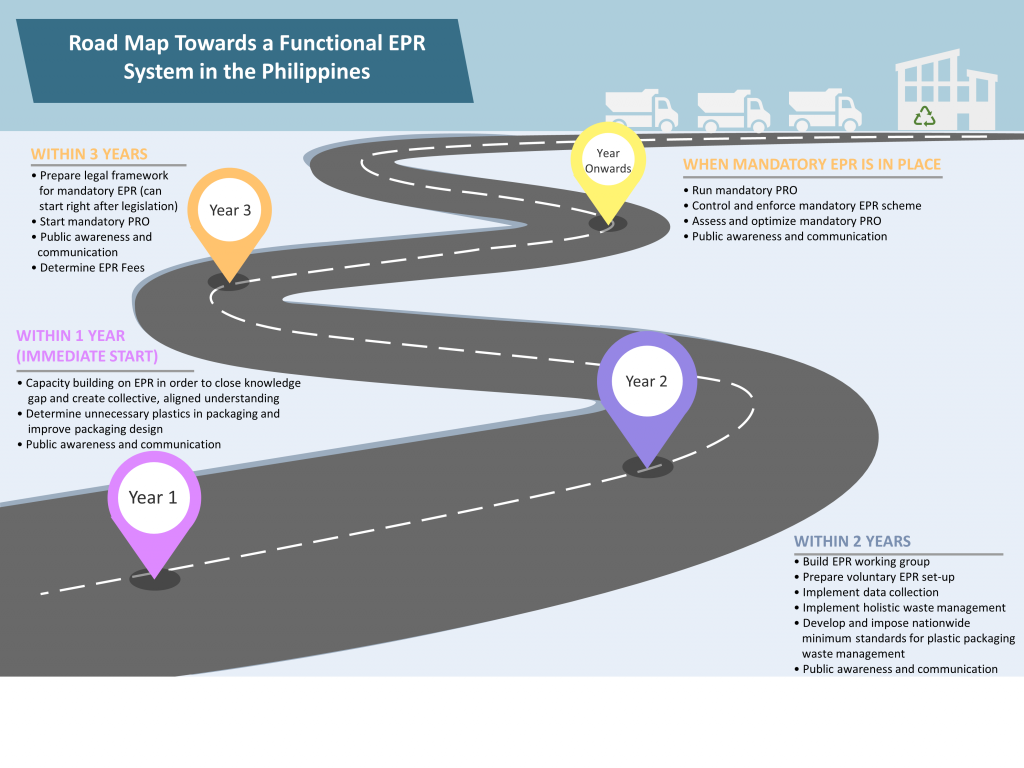
The proposed EPR roadmap incorporates the existing country’s solid waste management
infrastructure such as Materials Recovery Facilities (MRF), junk shops, and recycling facilities that aim to recover recyclable wastes. The informal waste sector, an important contributor to the Philippines’ recycling rate, has also been integrated into the EPR system. Initiatives from the businesses and civil society organizations have been included.
The proposed roadmap is part of the No Plastic in Nature Initiative – WWF’s global initiative to stop the flow of plastics entering nature by 2030 through the elimination of unnecessary plastics, doubling reuse, recycling, and recovery, and ensuring remaining plastic is sourced responsibly. Through this initiative, WWF-Philippines has been working with cities on plastic leakage, policymakers to advocate for a global treaty on plastic pollution and EPR, businesses to transition to circular business models, and the general public to campaign and act.
To know more about WWF-Philippines and its initiatives, please visit https://wwf.org.ph/


